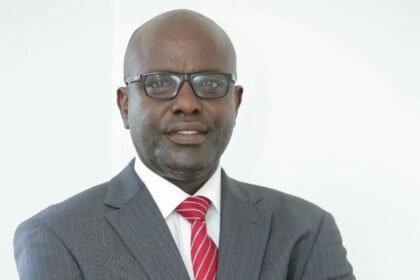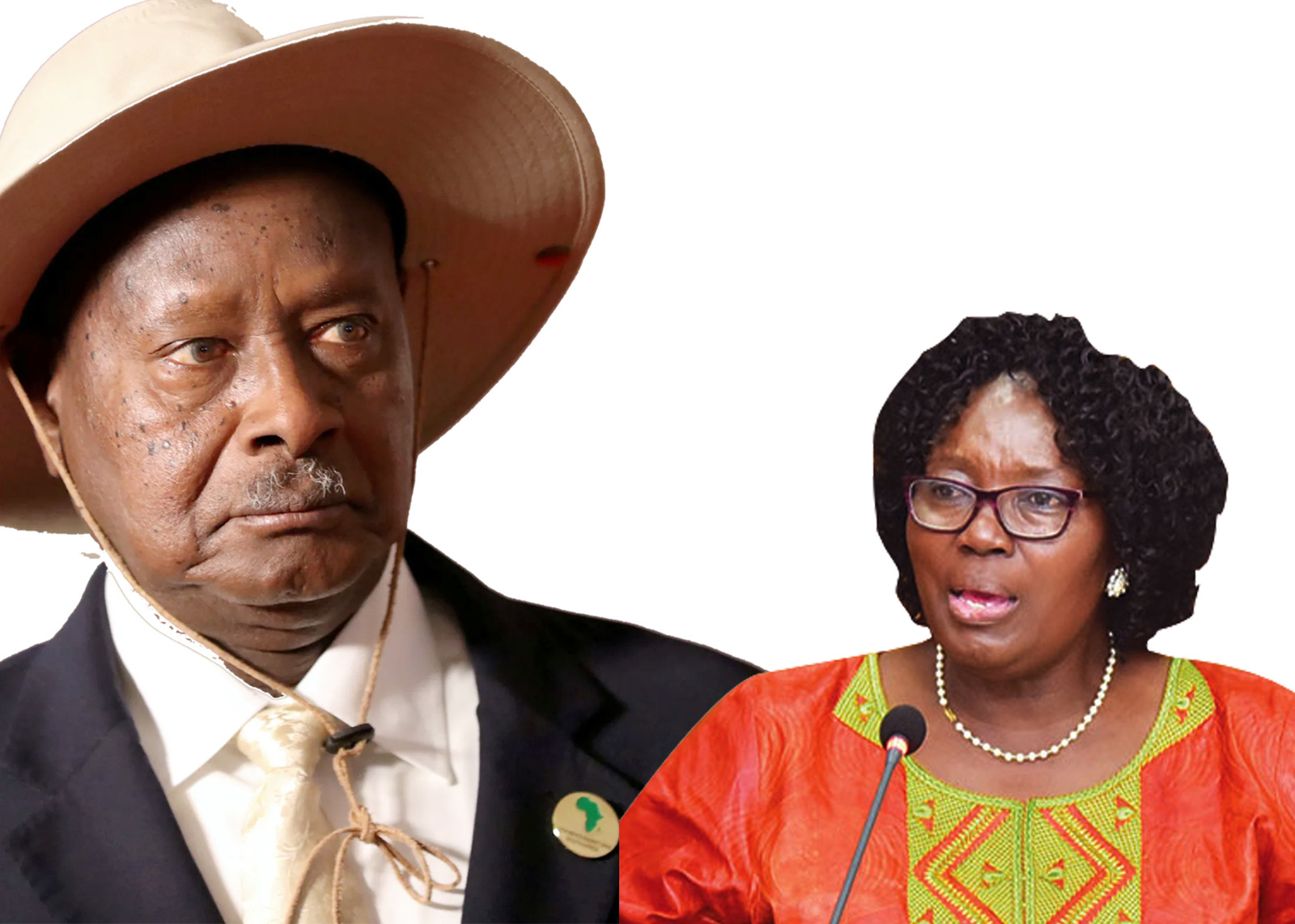Uganda is poised to celebrate its 61st independence on Monday 9th October, 2023, a significant milestone in its rich and complex history that notable figures have profoundly influenced.
Among these luminaries, Ignatius Kangave Musaazi stands out as a pivotal figure in Uganda’s journey to nationhood. As the founder of Uganda’s first modern political party, the Uganda National Congress (UNC), Musaazi played a critical role in championing self-determination and laying the foundation for the nation’s independence from British colonial rule.
In this article, we delve into the life and enduring legacy of Ignatius Kangave Musaazi, exploring his profound contributions to Uganda’s political landscape and his indelible impact on the nation’s history.
Early Life and Education
Born in 1905 in Timuna, a village near Wobulenzi, Musaazi hailed from a noble family within the Buganda Kingdom. His privileged background afforded him the opportunity to attend King’s College Budo. His exceptional academic abilities earned him a scholarship to study divinity in the United Kingdom.
Upon completing his diploma at the University of Westminster as a Reverend, Musaazi returned to Uganda to embark on his career as a priest. However, his tenure within the Church of Uganda was marked by persistent discrimination, as he was the only black leader in the institution. This disparity ultimately compelled Musazi to seek a new path.
A Turning Point and Advocacy for Equal Rights
While simultaneously teaching at Makerere College and Buddu College, Musazi opted to leave the priesthood due to the pervasive racism within the Church, perpetuated by its senior leaders who were whites. This injustice was a catalyst for his advocacy of equal rights for black Ugandans and their pursuit of independence.
The Struggle for Independence
After leaving the Church and teaching, Musazi conducted research that revealed the path to freedom for blacks in Uganda lay in organized collective efforts. Recognizing this imperative, Musazi, along with companions such as Spire, James Kivu and Mitti, formed the Uganda African Farmers Union (UAFU) in 1947, aimed at championing workers’ rights.
Additionally, Musazi aimed to have Ugandans manage their own transport system since Indians at the time controlled the entire transportation network in Uganda leaving Ugandans to suffer. However, this endeavour led to intense conflict and the formation of the Bataaka Bu task force, which culminated in the infamous “Number 8 and 9” riots till 1949, with the UAFU being held responsible and subsequently banned.
Renewed Efforts and Political Mobilization
Around 1950, Musazi established the Federation of Partnerships of Uganda African Farmers (FPUAF) union, following the dissolution of the Uganda African Farmers Union. In the same year, he travelled to London to lobby the British Parliament for support for FPUAF and its aspirations, achieving notable success.
Building on this momentum, Ignatius Kangave Musaazi and Abubaker Kakyama Mayanja founded the Uganda National Congress Party (UNC) on Sunday, March 2, 1952. UNC became a powerful force for political change in colonial Uganda, with Musazi serving as its inaugural President and Abubaker Kakyama Mayanja as the party’s first Secretary General. Key figures within UNC included Apollo K. Kironde, who served as the party’s legal advisor.
Though UNC eventually fragmented into factions, it laid the groundwork for Uganda’s independence. Musazi, the UNC’s founder, faced arrest by the British colonial government nearly 40 times for his unrelenting activism.
A National Hero’s Legacy
Ignatius Kangave Musaazi passed away in 1990 at the age of 85, at Namirembe Hospital. He was laid to rest at Kololo Independence grounds, a fitting tribute to a national hero and, undeniably, the father of the Republic of Uganda. Musazi was married to Mary Ritah Nansikombi, and their union blessed them with 11 children.
As Uganda marks its 61st year of independence, it is vital to remember and honour the profound contributions of Ignatius Kangave Musaazi, whose unwavering dedication to justice and independence left an indelible mark on the nation’s history.
Do you have a story in your community or an opinion to share with us: Email us at Submit an Article









